Lessons Learnt
Instituto Nacional de Tecnología Industrial (INTI) - Argentina
Centro Turístico y de Capacitación Sericícola y de Rebocería de Jiquilpa, Michoacán - México
Estación experimental "Indio Hatuey" - Cuba
Instituto Nacional de Tecnología Agropecuaria (INTA) - Argentina
Società Cooperativa Sociale SOCIOLARIO Onlus - Italia
Universidad de Buenos Aires (Facultad de Agronomía) - Argentina
Universidad Estadual de Maringá (Laboratorio de Biotecnología) - Brasil
Universidad Estatal Amazónica (Departamento de Ciencias de la Tierra) - Ecuador
Universidad Pontificia Bolivariana (Facultad de Ingeniería Textil) - Colombia
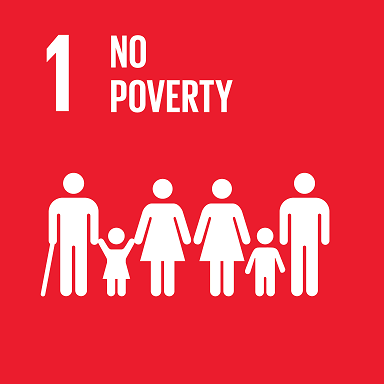
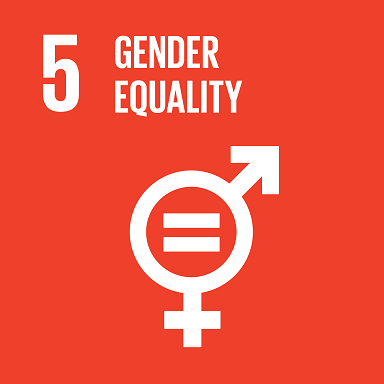
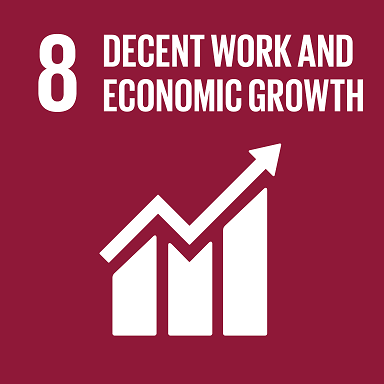
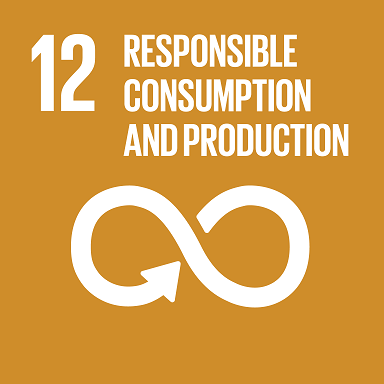
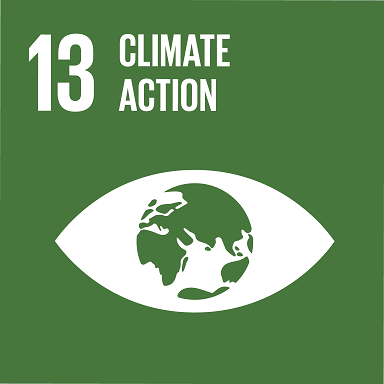

Building a working methodology specifically adapted to the Triangular Cooperation modality with the participation of all partners.
Description of the action that gave rise to the learning:
The National Institute of Industrial Technology (INTI), which coordinated the project, had an extensive experience of good cooperation with the European Union (and other international donors) and had its own procedures in place. However, preparing to undertake a project under the Triangular Cooperation modality for the first time revealed the need to adapt these procedures and posed a challenge for the institution, which wanted to prepare itself in the best possible way by creating a methodology adapted to this modality, which was agreed upon with all project partners.
The development of this methodology implied a strong investment of time to assess the incidence of the specific procedures in each of the project's components, carrying out an exercise of analysis between procedures/ components/responsible partner.
This exercise forced changes in the relationship with the project partners. When assigning responsibilities, in addition to using the most common criteria in INTI such as technical capacity in the field and academic background, criteria related to institutional capacity were added such as the administrative structure of the entity and the quality of its internal procedures, even going so far as to analyse the regulations and legislation in force in each of the countries, verifying their compatibility with the procedures of the European Union and the methodology that was being defined.
Working side by side with each partner at this double level, i.e. technical/academic and administrative, allowed for the creation of a Management Unit in which all the partners (applicant, co-applicants and partners) were represented. This Unit made it possible to work on every aspect of the project, from the most specialised to those linked to the management procedures, which led to a highly efficient and effective organisation of work and distribution of responsibilities. The methodology also provides for an Operating Manual of the Management Unit that goes down to the detail of providing models and instructions for technical notes as well as for requests for funds, accountability, among other aspects.
Experience gained:
The importance of dedicating time, in Triangular Cooperation projects, during the formulation and at the beginning of the implementation phases, to alignment and harmonization by all partners (usually from different countries and with different profiles), leading to the joint building of a working methodology to be able to respond to all the challenges raised by a project under this modality.
The importance of combining, when selecting the partners, technical and academic criteria with organisational and procedural ones, thus ensuring quality implementation from the perspective of efficiency (management) and effectiveness (achievement of results and objectives).
The importance for the working methodology to foresee that, in cases where many actors (from several countries and of very different natures) intervene (and in many occasions without any experience in cooperation), the work of all the partners is framed by a certain formality (committee of leaders, coordination or management unit, or similar...), with an operating manual specifically created as a result of the analysis and reflection carried out previously.
The importance of providing platforms and mechanisms for continuous training and updating on procedural aspects, as well as regularly reviewing the analysis between procedures/components/partner in charge.
Impacts:
Having a peer-to-peer working methodology specifically adapted to the Triangular Cooperation modality and built among all partners allows for:
- A greater knowledge of the "rules of the game" among all partners as well as a greater knowledge among all partners, thus increasing transparency and predictability.
- A solid argument so that each partner can have the possibility to define internally specific management criteria for these projects, for greater simplicity and agility.
- A stable working framework in which difficulties can be tackled and successes can be shared.
- A more efficient management, in which risks derived from weaknesses in institutional capacity and changes in the country environment are reduced.
- Greater effectiveness, with a better chance of achieving results and goals.
- The use of it by each partner for future Triangular Cooperation projects.
The added value of Triangular Cooperation: (more information here)
1. Building ownership and trust.
2. Promoting complementarity and increasing coordination in development cooperation.
3. Sharing knowledge and learning jointly.
4. Co-creating solutions and flexibility.
5. Enhancing the volume, scope and sustainability of Triangular Cooperation
6. Achieving global and regional development goals through strengthened partnerships for sustainable development.
RELATED FILES
At the beginning of the project, there was a theoretical framework for "Peer-to-Peer technical visits": one of the pillars of the project which consists of visits to each of the partner countries, including political and technical representatives from other countries involved, in order to collect best practices and make recommendations. This theoretical framework has, gradually and thanks to the lessons learned from each visit and the experience and global vision of the project team, become a consolidated methodology whose main characteristic is to bring those involved into the limelight.
Applying principles and mechanisms of collective or group building throughout the cycle of training and technical assistance, in order to guarantee the active and balanced contribution of all participants, thus improving the learning and its application.
Sharing the project's products with peer entities in order to contrast and enrich them.
Thanks to the project, Thematic Meetings have been designed and carried out to address the subjects prioritised in the Political Dialogue meetings with the political representatives of each partner municipality, considered as a lesson learned that can be found in this Knowledge Bank of the ADELANTE Programme. Thanks to the correct identification of the subjects prioritised in the Political Dialogue Meetings by the project's coordination team, several Thematic Meetings were successfully organised, including two of great impact on SDG 5, especially aimed at women entrepreneurs.
One of the main components of the Mirada Ciudadana project are the Political Dialogue Meetings, which consist of meetings between the authorities of the partner local governments to exchange ideas about the reality of their municipalities and their main challenges, promoting open dialogue and encouraging the joint creation of solutions. After the experience of the first meeting at the beginning of the project, the management team realized that, while it was important to promote exchanges between municipal authorities, it was also necessary to accompany them with thematic working-enabling environments to involve a greater number of stakeholders, including the final beneficiaries.
Thanks to the project, a consolidated methodology has been developed and implemented for the joint creation of work agendas for peer-to-peer visits aimed at compiling best practices and issuing recommendations. Different visits have been successfully carried out using this methodology, showing a real appropriation of the tool by the recipient country and a high level of commitment, knowledge exchange and technical trust from all participants. One of the most prominent was the visit to Paraguay, during which the project raised the possibility of providing technical assistance to the Ministry of Childhood and Adolescents, focusing on the design of a census of homeless children and adolescents. This generated new lines of work beyond what had been planned with a clear triangular cooperation approach.
Thanks to the project, the first unique tool for the assessment at the regional level of transversal and socio-emotional competences has been created, which will allow the collection of data from different countries in order to compare them and get a comprehensive view of the subject.
Thanks to the peer-to-peer dialogue promoted by DIALOGAS, the National Technical Tables for Institutional Coordination in Transversal and Socio-Emotional Competences were created in Argentina, Paraguay and Guatemala and the conditions for the creation of the Tables in Chile, Panama and Uruguay were settled.
Defining and organising, within the framework of a methodology, a series of essential guidelines aimed at identifying the final beneficiaries and establishing the lines of work with them in the face of the challenge of working directly with small producers in different countries and very diverse environments.




